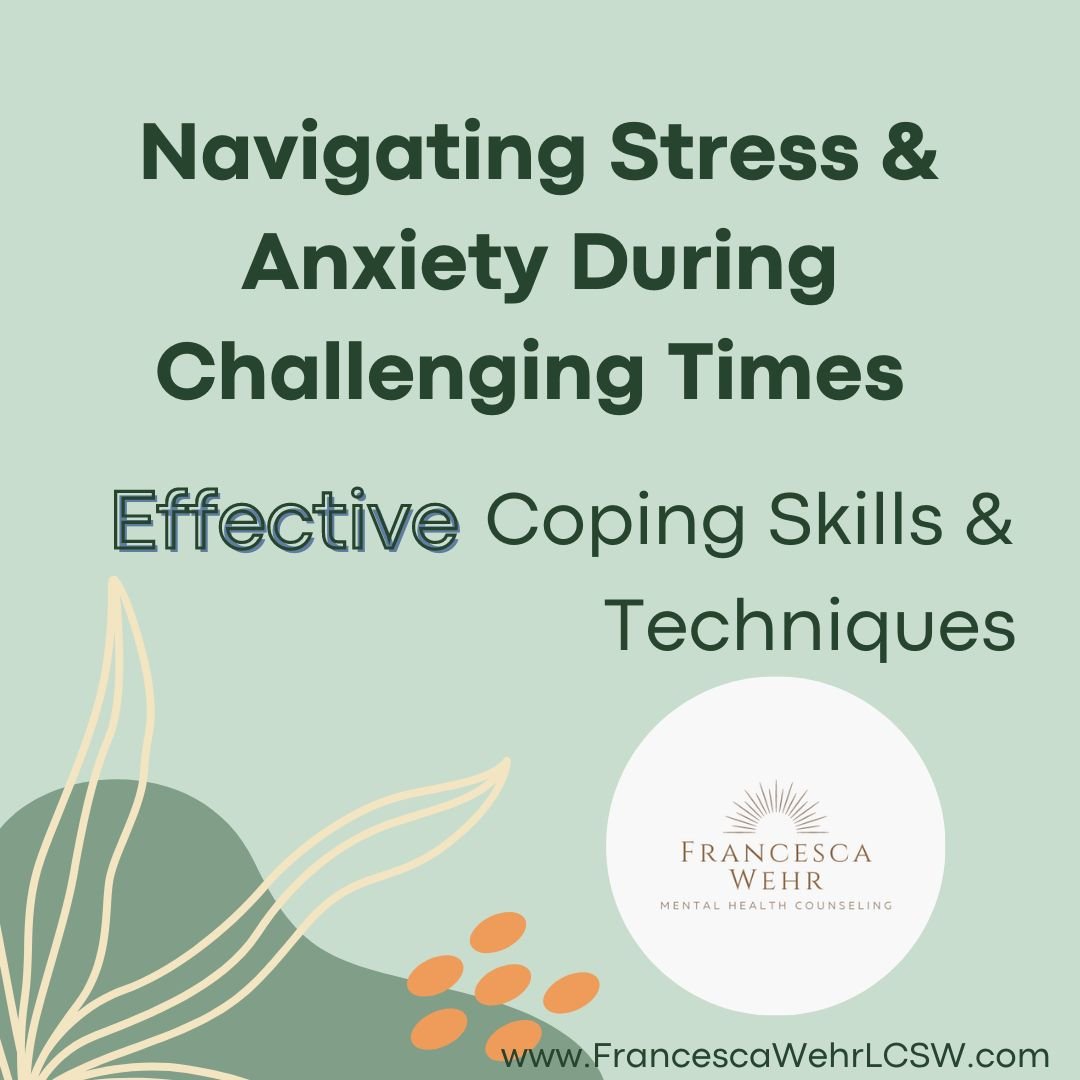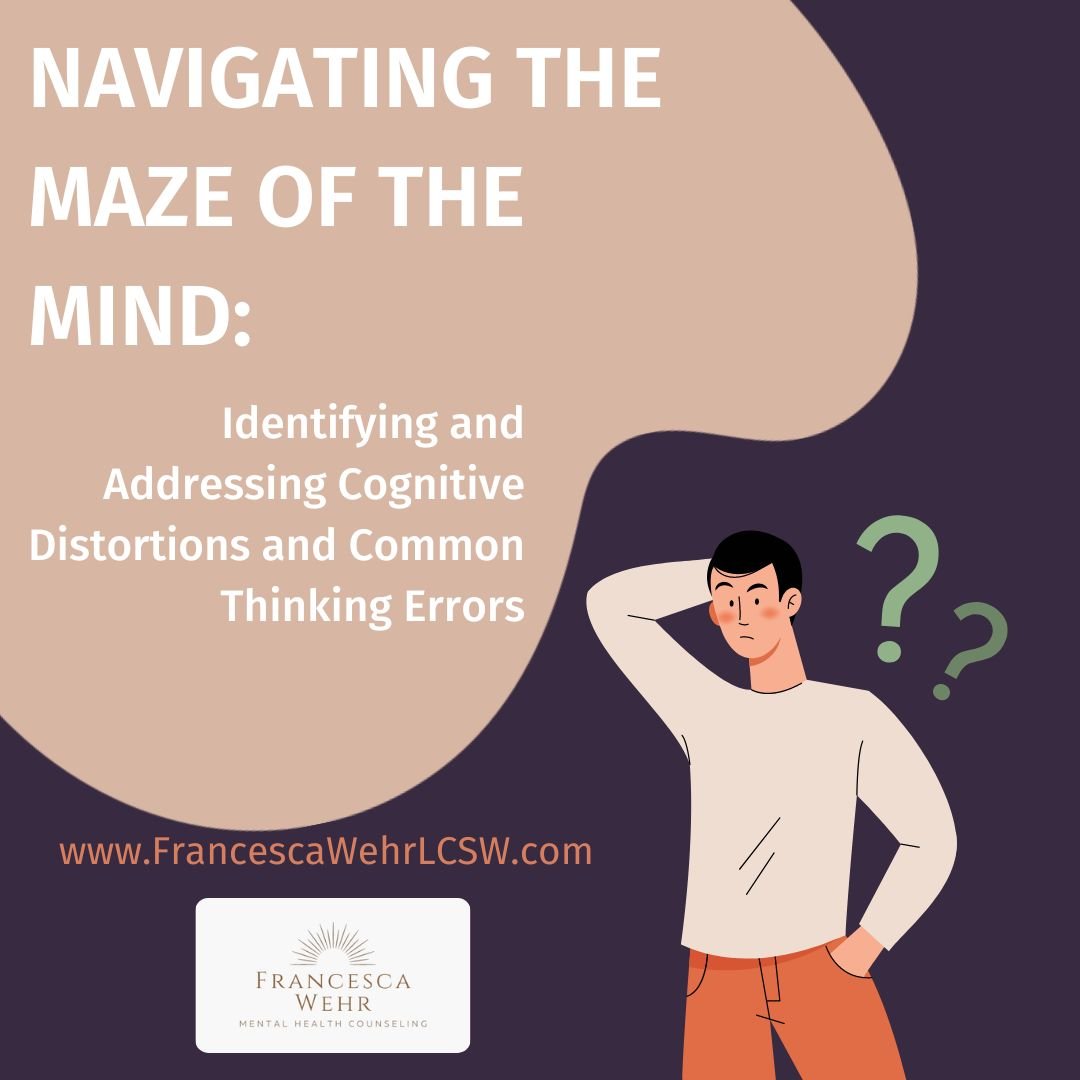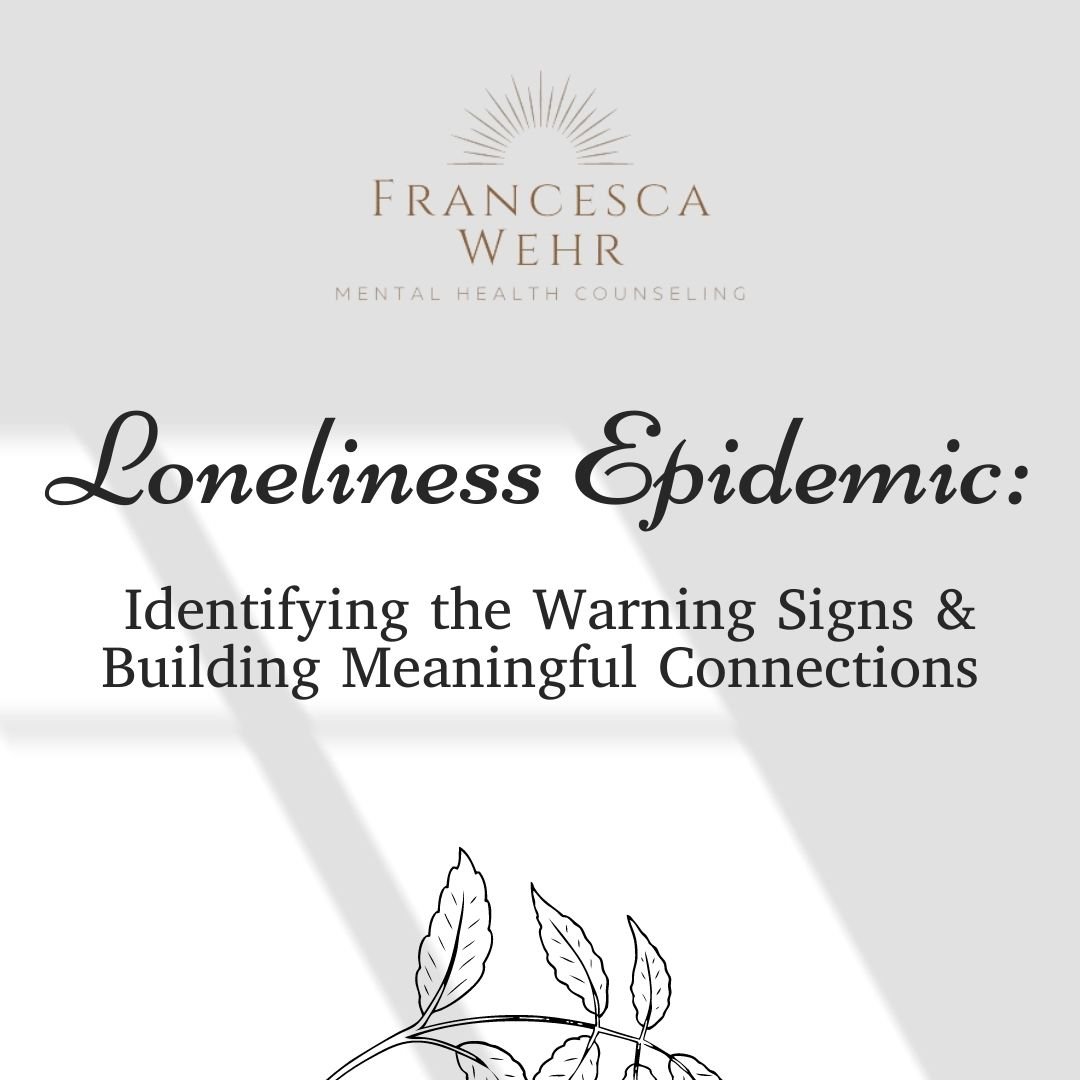
How to Support a Loved One Struggling with Depression (Without Losing Yourself in the Process)
Watching someone you love struggle with depression can be overwhelming, but your support can make a significant impact. Depression goes beyond occasional sadness—it’s a mental health condition that affects a person’s mood, energy, and daily functioning. To help, start by educating yourself about depression, listen without judgment, and offer practical help with day-to-day tasks. Encourage them to seek professional treatment and, most importantly, be patient and compassionate. Recovery takes time, but your presence can provide the comfort and stability they need.

Understanding the Tapestry of Trauma Responses: A Deeper Dive
Trauma isn’t just about what happened—it’s about how your nervous system responded to a rupture in safety, trust, or connection. Many behaviors that seem confusing, frustrating, or even self-sabotaging are actually profound adaptations to distress. From emotional numbing to hypervigilance, people-pleasing to risk-taking, this article explores the nuanced spectrum of trauma responses and offers a compassionate reframing of these patterns. When we understand them as survival strategies—not flaws—we open the door to healing, self-trust, and deeper connection.

Understanding Grief: The "Ball in a Box" Analogy and Its Impact on Mental Health
Grief is an inevitable part of life, but understanding it can make the healing process more manageable. The "Ball in a Box" analogy provides a simple yet powerful explanation of how grief evolves over time. In this blog, we dive deep into the emotional and mental health impacts of grief, offering actionable coping strategies to help you navigate loss. Whether you're seeking personal healing or supporting a loved one through grief, this guide will provide the insights and tools you need to move forward with compassion and resilience.

Approach Financial Stress with a Strategic Mindset: Navigating Holiday Spending with Ease
Financial stress can overshadow the holiday spirit. Learn how to manage your holiday spending with a strategic mindset, including budgeting tips and alternative ways to celebrate without breaking the bank.

Navigating Family Dynamics & Setting Boundaries During the Holidays: A Guide to a Peaceful Season
Family gatherings can be joyful yet challenging. Learn how to set compassionate boundaries and protect your mental well-being during holiday events. Discover practical strategies to manage family dynamics with grace and ease.

Understanding the Different Types of Therapy: A Comprehensive Guide to Finding the Right Approach
Navigating the world of therapy can be overwhelming, but understanding different therapeutic approaches is crucial for finding the best fit for your needs. From Cognitive Behavioral Therapy (CBT) to Dialectical Behavior Therapy (DBT) and psychodynamic therapy, this comprehensive guide breaks down popular modalities to help you make an informed decision on your mental health journey. Discover the unique benefits of each therapy type and learn how to choose the right path for your personal growth and healing.

Unearthing the Roots: Understanding Phobias and Their Origins
Phobias are more than just intense fears—they’re often life-altering anxieties rooted in trauma, genetics, and learned behaviors. On the Pathways to Wellness blog, Francesca Wehr, LCSW, delves into the origins of phobias and explores therapies like EMDR and CBT to help you overcome these fears and regain control of your life.

From Survival to Healing: Navigating Post-Traumatic Stress and Finding Resolution
The last part of the “From Surviving to Healing” Trauma series, this blog post navigates the complex journey from survival to healing. This requires more than just revisiting traumatic memories; it demands a reconnection to the present and a reclamation of one's sense of safety and self. For many trauma survivors, the past feels unsettlingly close, a series of vivid flashbacks and heightened states that blur the lines between then and now. The challenge is not merely to recount the trauma but to feel, deep in one's bones, that it has passed and that safety has been restored.
Healing involves a delicate balance of acknowledging the trauma while firmly rooting oneself in the present, employing strategies to calm the nervous system, and recognizing triggers without being overwhelmed by them. Techniques like mindfulness, somatic therapies, and EMDR offer pathways to process traumatic memories in a way that diminishes their power, allowing survivors to redefine their narratives on their own terms. This transformative process paves the way for a life where trauma informs but does not control, where past pain leads to present resilience, and where each survivor can truly say, "I am here, I am safe, and I am moving forward."

From Survival to Healing: Understanding Trauma-Related Fragmentation and Dissociation
FROM SURVIVING TO HEALING: In the intricate landscape of trauma recovery, the phenomena of fragmentation and dissociation stand out as critical survival mechanisms employed by individuals facing overwhelming threats, particularly in childhood. These adaptive responses, deeply rooted in our biological and psychological makeup, serve to protect the psyche by compartmentalizing traumatic experiences, allowing for survival amidst adversity. However, these same mechanisms that once ensured survival can later obstruct the path to holistic healing, creating a complex interplay of internal parts that may feel disconnected or at odds with one another. Understanding these facets of the trauma response is pivotal in the journey from merely surviving to truly healing, offering a beacon of hope for those navigating the challenging path to integration and wholeness.

From Survival to Healing: Trauma, Attachment, and the Path to Emotional Resilience
In our latest addition to our “From Survival to Healing” trauma series, "Understanding Trauma, Attachment and Emotional Resilience," by Francesca Wehr, LCSW, delves into the intricate relationship between our earliest attachments and their lasting impact on our adult lives. Uncover the subtle signs of traumatic attachment and how they manifest in our relationships, often without our conscious awareness. Francesca provides enlightening insights into recognizing these patterns and embarking on a journey toward healing and emotional resilience. Join us on the Pathways to Wellness Blog for expert guidance on transforming traumatic attachments into sources of strength and healthier connections.

From Survival to Healing: Decoding the Language of Trauma Coping Strategies
Dive into our enlightening blog post, "From Survival to Healing: Decoding the Language of Trauma Coping Strategies," where we unravel the complex ways individuals adapt to past traumas. This insightful piece sheds light on the diverse survival mechanisms that emerge from traumatic experiences and how they shape our interactions and responses in adult life. Discover the transformative power of understanding and redefining these coping strategies, moving from mere survival to a path of meaningful healing and growth. Join us in exploring the journey from coping to thriving, as we decode the language of trauma and its impact on our lives.

Managing Stress and Anxiety: How to Handle Stressful Situations
During challenging times, stress and anxiety can take a significant toll on our mental health. Learning effective coping skills can help you manage these emotions and maintain emotional well-being, even in the face of adversity. Pathways to Wellness: Insights from Francesca Wehr, LCSW Mental Health Counseling explores various coping skills, such as the Socratic thinking method and de-catastrophizing, to help you navigate stress and anxiety during challenging times.

Navigating the Maze of the Mind: Identifying and Addressing Cognitive Distortions and Common Thinking Errors
Cognitive distortions are common thinking errors that can negatively impact mental health, leading to anxiety, depression, and low self-esteem. In this blog, we explore the most common cognitive distortions, such as all-or-nothing thinking and emotional reasoning, and provide actionable strategies to challenge and reframe these thoughts. By recognizing and addressing these distortions, you can develop healthier thought patterns and improve your emotional well-being.

Loneliness Epidemic: Identifying the Warning Signs and Building Meaningful Connections
Loneliness is more than just being alone—it’s an emotional experience that can impact your mental health. On the Pathways to Wellness Blog, Francesca Wehr, LCSW, shares how to recognize the subtle signs of loneliness and offers heartfelt strategies to help you build genuine, meaningful connections in your life.




